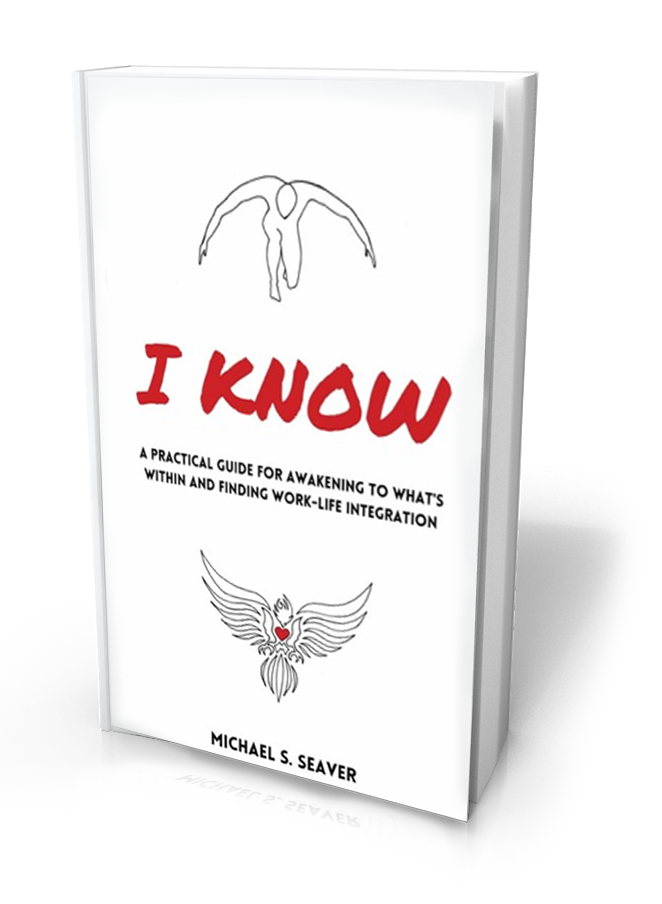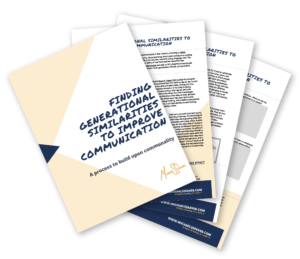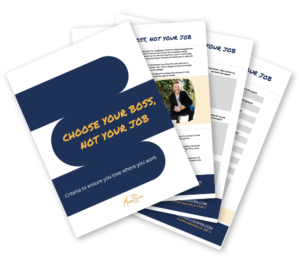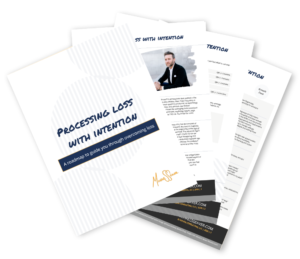Don Draper, the iconic Mad Men character played by Jon Hamm, famously said nostalgia is a Greek word meaning “the pain from an old wound.”
That’s not true, by the way, but it makes for a great line of television dialogue. Nostalgia is more commonly known as a sentimental longing or wistful affection for the past, usually for a time or place with pleasant personal memories. I like this definition better, particularly as 2020 has gifted us all time to slow down and reflect on our lives—some of us with longing for an idyllic (or at least, easier) time in our past, others with determination to design a more intentional future.
The word nostalgia is actually derived from a German concept that more closely refers to, “the affliction of homecoming.” Interesting, no?
But what does any of this have to do with intentional retirement?
Tiffany and I recently visited Michigan to see my family, including my parents, sister, brother-in-law, niece, and nephew. I did not suffer any sort of affliction from my homecoming; rather, my time in the Midwest was lovely. We rented a house in Glen Arbor, custom-made and baked pizzas, rented a boat, and went tubing. For the first time in my dad’s life, three generations of Seavers golfed together. There was no agenda…we were simply together.
During this vacation, I thought about retirement: what the concept means to my parents right now, and what it will mean to my own Millennial generation in the coming years. I think the idea of retirement is evolving in profound ways. The retirements I help my clients design are deeply meaningful. Instead of pulling back from their lives to relax on the couch, they are finding new approaches to lean in to their lives and create lasting legacies.
How Will You Retire?
I’m pleased we’ve had time this year to slow down, appreciate family, reflect more, work and travel less, re-engage old hobbies, shed friends, have experiences in nature, and feel joy. I even wonder, sometimes, if we’ll all feel collective nostalgia for this time in the future. I think it’s giving us an opportunity to get to know ourselves and our emotions better, and doing so is the first step in creating a satisfying retirement when the time comes.
I was recently featured in the Franklin Prosperity Report to discuss how to find meaning and fulfillment in retirement. In the report, I mentioned that once a person is financially secure, other things become important, including finding new ways to:
- Have meaningful relationships
- Feel part of a group
- Stay physically and mentally fit
- Learn something interesting
- Pass lessons learned to younger generations
- Define an enduring legacy
Retirement is a chance to do things differently and to be much more intentional with your time. To find a new role or activity that’s a great fit, I guide clients through personality and motivations assessments and an activity designed to identify their core values.
It’s Time to Talk about Your Feelings
Sometimes, the opportunity to stop working and do something entirely different comes with a feeling of loss.
For example, my mom is actively considering retirement after 40 years of waitressing. Taking a break from that kind of physical work sounds great, of course, but it comes at a cost: I know how deeply meaningful seeing her repeat customers summer after summer is to her. Fortunately, I also know she can recreate the same feeling elsewhere. That’s the trick to uncovering happiness in retirement.
Here are some steps that might help:
- First, reflect on the last 20, 30, or 40 years of your life. (Or, if you’re helping a parent with this, guide them to do so.)
- Identify three to five things you absolutely loved doing during these years. Be as specific as possible. Talking to others? Mentoring? Writing? Creating with your hands? Computer coding?
- Identify the feeling each one evoked in you.
- Brainstorm people, organizations, or activities that might allow you to recreate these good feelings.
My mom, to return to our example, loves hearing her regulars’ stories and keeping up with their lives at the restaurant. She also loves spending time with her grandchildren. She could experience the same feelings of connection, progress, and joy evoked by the restaurant and time with her grandchildren by volunteering part-time at a grade school or at a long-term care provider.
But first, she needs to recognize that feeling those emotions is the goal. Trying to stay at the restaurant for five more years or counting on her grandkids to stay little simply isn’t possible.
If you’re unsure about what to do next on your own retirement path, take a TTISI assessment such as the DISC, 12 Driving Forces, or Emotional Intelligence. Identify your core values and ask those around you to share with you when you seemed happiest. Take 90 days to experiment with a variety of activities.
Be Patient with Yourself
Finding meaningful opportunities to engage in during a time of immense change isn’t meant to happen overnight. It’s a process. Again, reflect back on the things you truly loved doing. Go right toward the nostalgia, the wistful affection for a fulfilling time in your past that you carry in your heart. What was the feeling? If you’re part of the Baby Boomer generation, you probably haven’t considered this question before. That’s okay. I understand you were raised to take action. To think about your feelings and ask them to guide you may be the antithesis of what you know.
Do it anyway.
If you get stuck, sad, depressed, or mad, take the time to work with a therapist or energy healer to release emotions, process your losses, and overcome your fear around trying something new. You are not alone. Get back to basics, surrender the “how,” and experiment with other ways to make good feelings happen.
Retirement rarely looks exactly the way you thought it would. One of my current clients, for instance, has a husband who is physically disabled and unable to travel with her. This is hard to accept as they had spent decades talking about how perfect and intrepid their “golden years” would be. Now, she must grapple with a difficult reality and go through a grieving process. But I’m confident she can still have a wonderful retirement—it will just look different than the one she and her husband had envisioned.
You’re Doing Retirement “Right” If You…
- Feel like you improved someone else’s life
- Are healing and releasing old emotional wounds
- Have flashbacks regularly to your life’s most purposeful moments
- Live with few or no regrets
- Have monthly or quarterly experiences you look forward to
- Feel in flow and don’t have a need to force anything
You’re also doing it right if you seek out friends, both old and new. In the next year or two, if you’re in Whitehall, Michigan, stop at Gary’s Restaurant and ask for Robin; she’d love to meet you, learn a bit about your journey, and serve you the stuffed hash browns. If nostalgia has a taste, for me, it’s the flavor of those hash browns.
After all, the deepest meaning in life comes from the people we share our experiences with.
I love you, Mom.






Connect with me